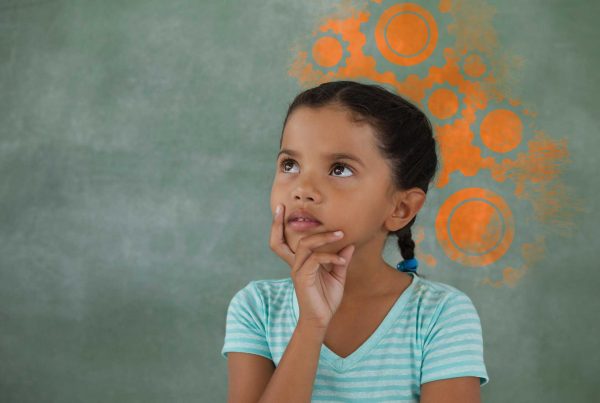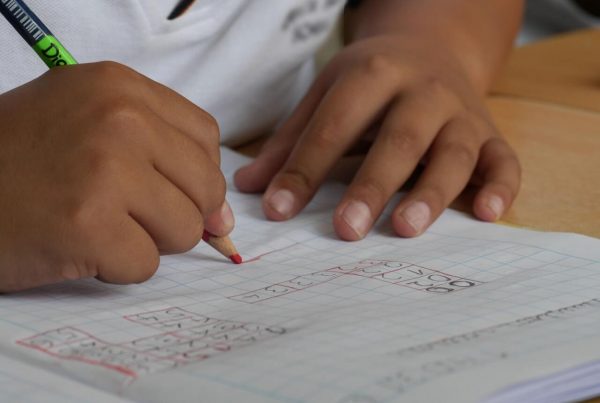
Renowned Swiss developmental biologist and psychologist Jean Piaget established the Theory of Cognitive Development, which includes four developmental stages that children go through as they mature. This theory has been consistently used by psychologists, educators and therapists worldwide, and is the foundation of cognitive developmental intervention today. Piaget’s four stages of development are the sensorimotor, preoperational, concrete operational and formal operational.
Sensorimotor: Birth through Age 2
The sensorimotor stage begins at birth and continues through about two years of age. At this time, children learn about their surrounding environment through the senses of seeing, hearing, tasting, touching and smelling.
Because they process information through their senses, infants and toddlers are keen on interacting with the world directly in physical ways. For example, babies will grasp a person’s finger and recognize their parent’s voices almost immediately after birth. Sensory-driven learning of this stage is also the reason why babies reach for everything in sight and put objects in their mouths.
Preoperational: Age 2 through Age 7
The preoperational stage begins around two years of age and runs through age seven, or shortly after children begin elementary school. Cognitive abilities go beyond immediate sensory inputs during this stage, and the foundations for what will later be abstract thinking begin to appear. In particular, cognitive developmental intervention specialists have noted that children grow in their abilities to remember and imagine during this stage, and understand symbols and the concept of past and future.
The earliest signs of the preoperational child’s time-oriented development include the use of “yesterday” or “tomorrow” for all references to the past or future. Over time, these will become more specified as the child progresses through the stage.
Other noticeable signs of development in this stage include pretend play, which can be fantastical or mimicking of real-life scenarios, and an interest in memory-based games. In many children, adults are amazed at the specific details that children recall.
Recognizing symbols during the preoperational stage is particularly important, since this is a prerequisite for reading. Children must understand that letters symbolize sounds, and that words symbolize meanings before they can read fluently.
Concrete Operational: Age 7 Through 11
The concrete operational stage begins around age seven and lasts until around age eleven. Throughout this time, children become more aware of others and less focused on themselves as a result. They also develop a keener sense of external events.
As children’s cognitive abilities expand beyond themselves and their immediate situation, they begin to better understand how others think and feel. This can lead to greater empathy and less self-centeredness. From this, children also began to realize that not everyone has the same beliefs, feelings or thoughts, which is essential for socialization.
Formal Operational: Age 11 Through Adulthood
The formal operational stage starts during the tween years, around age eleven, and continues through adulthood. This is the highest cognitive stage, and is the time when logical abilities really become established.
The logical abilities that grow during this time go beyond formal “p implies q” proofs (although they certainly apply to those as well). These are the mental abilities that are necessary for problem-solving, understanding the complexities of the world and making future plans. Everything from developing study plans and picking a college major, to dating and budgeting requires such logical capabilities.
Rely on Cognitive Developmental Therapy for Help
As children progress through these four developmental stages, they may need a little extra assistance at any one of the stages (or all four). If you notice your children are having a challenging time at any age of growth, consult a cognitive developmental intervention specialist for some help. Cognitive developmental intervention has been used to improve learning and quality of life in many children and adults, and is useful at any of these four stages.



